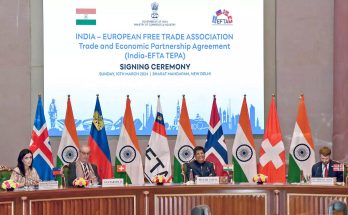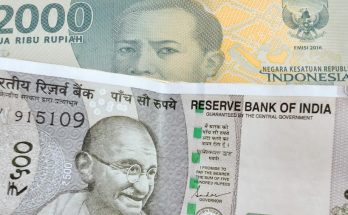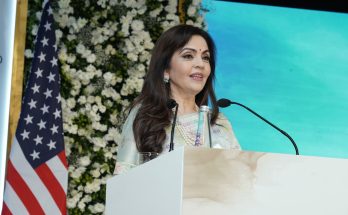Reassuring the world and investors, India has promised a rational tax regime and an easier business environment at the G20 meeting of Finance Ministers and Central Bank governors in Ankara. India’s Finance Minister Arun Jaitley, who met Turkish industry leaders on the sidelines of the G20 meet on September 4, had exhorted them to invest in India, including smart cities, textiles, food processing and renewable business sectors.
Highlighting the changes that the NDA-led BJP government has made since taking charge in May last year, Mr Jaitley said: “We have made significant progress on ease of doing business, although I would not say as yet that we have perfected it.” He added that India is in the process of rationalising tax structures, both direct and indirect, and spoke about how the government has expedited clearances apart from liberalising more laws. Wooing the Turkish investors, Mr Jaitley stressed on huge opportunities in the infrastructure sector that India offers the Turkish companies.
Reality Check
As India pitched its case by presenting an upbeat scenario of unfolding economic reforms in the country in the last 15 months, it’s time to take a closer look at some of the ground realities of doing business in India. For example, the rationalising of the tax regime has a long way to go. India’s biggest tax reform, the Goods and Services Tax (GST), is still pending in the Parliament and shows no sign of getting passed in the near future. The GST has been struggling to get approval from the Indian Parliament for nearly a decade. Successive Indian governments have failed to get parliament’s approval to pass this major tax reform.
Coming to the ease of doing business, it still isn’t as easy as the government claims. Many top industrial honchos in India still cite major hurdles faced by them in starting a new business. There are still many procedural complexities and red tape scaffolds that’s coming in the way of starting a business. The much touted ‘single window system’ has still not made a significant difference. Many of the Micro Small and Medium Enterprises (MSME) still face plenty of issues and challenges to commence their operations. According to a report in Business Standard, a survey conducted on 269 entrepreneurs from various sectors, showed that about 58 per cent of the respondents complained about the delay and cumbersome process in getting land, electricity, water connectivity and other infrastructure related inputs.
Another major hurdle is the acquiring of land, and with the government unable to bring out a comprehensive land acquisition law for investors this issue will remain a deterrent for foreign investors. The government was forced to scrap its land acquisition ordinances after huge protests from the opposition parties and protests from different sections of stakeholders across the country.
While the macroeconomic indicators continue to remain favourable, India can strengthen its claims in multilateral fora only if it follows it up with some real concrete action on the ground back home.
Author Profile
- India Writes Network (www.indiawrites.org) is an emerging think tank and a media-publishing company focused on international affairs & the India Story. Centre for Global India Insights is the research arm of India Writes Network. To subscribe to India and the World, write to editor@indiawrites.org. A venture of TGII Media Private Limited, a leading media, publishing and consultancy company, IWN has carved a niche for balanced and exhaustive reporting and analysis of international affairs. Eminent personalities, politicians, diplomats, authors, strategy gurus and news-makers have contributed to India Writes Network, as also “India and the World,” a magazine focused on global affairs.
Latest entries
 DiplomacyApril 23, 2024Resetting West Asia, re-booting the world, but not fast enough: T.S. Tirumurti
DiplomacyApril 23, 2024Resetting West Asia, re-booting the world, but not fast enough: T.S. Tirumurti India and the WorldApril 22, 2024India’s G20 Legacy: Mainstreaming Africa, Global South in global agenda
India and the WorldApril 22, 2024India’s G20 Legacy: Mainstreaming Africa, Global South in global agenda DiplomacyApril 10, 2024Diplomat-author Lakshmi Puri pitches for women power at LSR
DiplomacyApril 10, 2024Diplomat-author Lakshmi Puri pitches for women power at LSR India and the WorldApril 6, 2024UN envoy pitches to take India’s solutions to the world stage
India and the WorldApril 6, 2024UN envoy pitches to take India’s solutions to the world stage








